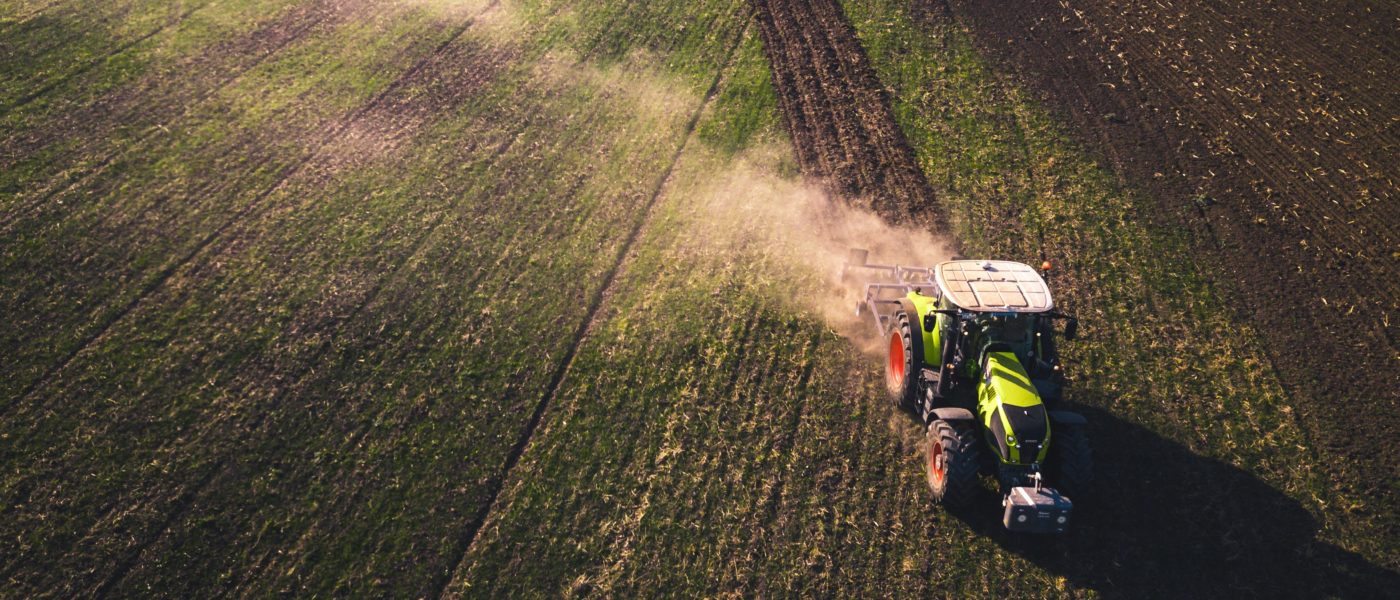On September 24, 2021, Farm Aid hosted a virtual Farmer Town Hall before our annual festival event. With pressing issues like corporate concentration and consolidation, debt relief, racial equity and climate change dominating headlines and the countryside alike, the Farmer Town Hall was an opportunity to engage in a productive and thoughtful dialogue between farmers, partners, and policymakers, including Secretary of Agriculture Tom Vilsack, Senators Debbie Stabenow and Tina Smith, and top US Department of Agriculture (USDA) officials, to tackle some of the most pressing and complex issues our country faces.
Farmers and ranchers from across the country shared their stories, challenges and opportunities, as well as their questions for USDA and Congress. They asked critical questions and raised crucial points about the ways our food system is failing to best honor farmers, ranchers, eaters and our climate, soil and water.
Jennifer Taylor, who has an organic small farm with her husband, Ron, rural Georgia, said:
Addressing climate issues is important to me as should be to anyone who farms or has anything to do with farming. That’s why we focus a lot of attention on building healthy soil as we believe organic farming system practices offer key factors in mitigating the climate crisis. But we need more support.
We simply cannot confront the climate crisis without radically transforming the way we produce and distribute food. What steps are you ready to take to reform the core programs that touch all aspects of our food systems – from agriculture to fisheries to the supply chain – to ensure we realize the fundamental changes we need?
Dennis Kellogg, a sixth generation Michigan farmer and a member of the Michigan Farmers Union, addressed three questions to Senator Stabenow:
First, how are you going to ensure that any carbon market plans are transparent and fair for diversified, small and mid-scale farmers?
Second, how will you work to not only protect but also increase resources for existing conservation and research programs that must also be part of the climate solution to make sure all farmers have a seat at the table?
And third, how will you make sure that those who pollute the most and have the biggest impact on our climate don’t use having invested in carbon markets as a way to get themselves off the hook when it comes to contributing to meaningful reductions?
Stephan Walker farms in Arkansas on land that has been in his family since it was freed from slavery in the 1800s and he supports other farmers through his work as a USDA Extension agent. He asked,
The USDA programs put a high value on efficiency over other things, such as the people, the land and the communities. We are grateful for the initiatives and the market resilience and competition programs you’ve announced, but the USDA programs and the farmers I work with… these programs are built to get big or get out. They’re for large scale commodity growers and that’s where they look best. The USDA needs to make a fundamental change in its relationship with the farmers. So my question to you is, are you willing to not just add another program or another payment, but to work to restructure the core values of the agency to create better values and better opportunities for credit, crop insurance and commodity programs and reflect positive values for producers to create good competition and resilience and equity?
Beth Hoffman, a beginning farmer in south central Iowa, acknowledged her privilege, becoming a farmer with her husband on farmland that has been passed down through five generations of his family, and yet they still struggle to stay afloat financially as farmers. She said,
We know this challenge is exponentially greater for Black, Brown, and Indigenous farmers who have lost land or haven’t gotten support in the past by USDA, banks and other programs. We’re in full support of the socially disadvantaged farmer debt payments that were passed by Congress as part of the American Rescue Plan. Which has been suspended due to lawsuits. I’d like to know how those farmers are being protected from foreclosure or other actions, as these cases make their way through court. What is the agency and Congress doing to support these farmers and keep them on the land?
Doug Havemann, who operates a regenerative farm and a farmer training program for military veterans in Texas, asked,
USDA recently announced $500 million for local and regional processing and supply infrastructure in the meat and dairy industry to help level the playing field for family farmers and small producers. How will USDA ensure that the $500 million for local and regional processing remain outside of the envelope of consolidation and help decentralize protein processing? And how do I and farmers like me get a seat at the table to help define utilization of these funds?
Stay tuned for more details. This is a dialogue we intend to continue, and that USDA officials committed to as well.
Policymakers and officials who participated in the Farmer Town Hall include:
— Secretary of Agriculture Tom Vilsack
— Senators Debbie Stabenow (D-MI) and Tina Smith (D-MN)
— Commissioners of Agriculture Bryan Hurlburt (CT), Richard Ball (NY) and John Lebeaux (MA)
— Zach Ducheneaux, Administrator, USDA Farm Service Agency
— Dewayne Goldmon, USDA Senior Advisor, Racial Equity
— Gloria Montaño Greene, USDA Deputy Under Secretary, Farm Production & Conservation
— Janie Hipp, USDA General Counsel
— Katie Naessens, Senate Agriculture, Nutrition and Forestry Committee
— Adam Tarr, Senate Agriculture, Nutrition and Forestry Committee
Video remarks came from: Senators Chris Murphy (D-CT), Jon Tester (D-MT), Chuck Grassley (R-IA), Cory Booker (D-NJ) and Representatives Chellie Pingree (D-ME), Glenn Thompson (R-PA) and Jeff Fortenberry (R-NE). Topics included racial equity and justice; climate change; equitable access to USDA programs; farmer debt relief; consolidation and competition; beginning farmer resources and more. Moderators were Scott Marlow, Niaz Dorry of National Family Farm Coalition and the Northwest Atlantic Marine Alliance, and Qiana Mickie.



